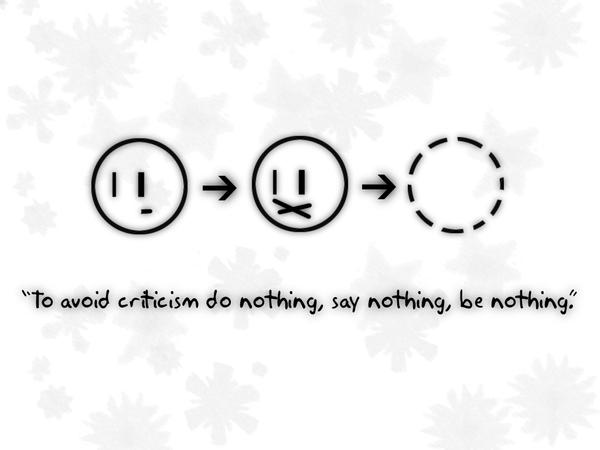How to avoid the emotional roller coaster ride of the thin-skinned
Do you know someone who bruises easily? Over the weekend, I noticed a big bruise on my husband’s arm. The variations of purple would make any K State fan a fan of the bruise. Bob explained that the bruise is from having blood drawn at the doctor’s office earlier in the week, which led to a discussion about whether the blood taker was incompetent or his skin is just sensitive. We ended up talking about how skin reacts in different situations. Although we talked literally, the same is true figuratively.
 Some people haven’t faced major life challenges, so they think minor setbacks are a big deal. Perhaps their parents removed all opportunity for adversity (don’t get me started on helicopter parenting), or perhaps they haven’t taken many risks. Either way, they have not experienced major challenges, so the minor ones are magnified to them.
Or, the opposite could be true. Perhaps the thin-skinned people faced major challenges and are still reeling from the impact.
Some people haven’t faced major life challenges, so they think minor setbacks are a big deal. Perhaps their parents removed all opportunity for adversity (don’t get me started on helicopter parenting), or perhaps they haven’t taken many risks. Either way, they have not experienced major challenges, so the minor ones are magnified to them.
Or, the opposite could be true. Perhaps the thin-skinned people faced major challenges and are still reeling from the impact.
If you want to hone your ability to bounce back after life challenges or adversarial interactions with others, consider the following strategies:
Some people are thick-skinned and others are thin-skinned. As Bob deals with the arm bruise, others have to deal with emotional bruises caused by their emotional thin skin.
Thin-skinned people often experience an emotional roller coaster of ups and downs that increase stress, reduce productivity, diminish trust, and damage relationships. Someone who sees setbacks or criticism as major life events lives a painful existence much of the time.

If you want to hone your ability to bounce back after life challenges or adversarial interactions with others, consider the following strategies:
- Release past adversity. Harboring insecurities from the past is not helping you thrive today.
- Focus externally. Thin-skinned people often are internally focused, but focusing on others can help you see the adverse situation more clearly.
- Accept advice. Build relationships with a support network you will trust to advise you when obstacles arise. Thin-skinned people often have a defeatist mindset, but if you have a close network who will tell you the truth, they can help toughen you up.
- See the big picture. In the “All-In” book and sessions, I talk with people about seeing the bigger picture of their day, tasks, work, lives. When we are focused on the mundane, or negative situations, they can overtake everything else. Seeing the big picture helps people stop sweating the small stuff. It also helps people focus on their own goals instead of others’.
- Think positive. No, skipping up and down the halls whistling Zippity Doo Dah will not help thicken your skin. But, recollections of triumph can. When you’re down and out, recall other successes and let those inspire you to work through the current situation.
- Reframe the situation. Instead of dwelling on the adversity for the challenges, reframe it so you see the possibilities. Draw a vertical line down the center of a sheet of paper. On the left, list the parts of the situation that are not going well or that you do not like. On the right, list the possible outcomes and the benefits of going through this. Use that sheet to help you position the situation for solutions instead of failure.
- Develop scar tissue. A great way to get thick skin is to be in situations that require you to use thick skin. So, seek advice and feedback from others. It is not easy hearing criticism, and some people are not great at delivering it, but it will help you toughen up.
- Apply what works. Although the criticism or setback can sting, consider what would be useful in moving your forward. Take the parts you can use and let the rest go.
Quote du jour
“No one can make you feel inferior without your consent.” Eleanor Roosevelt